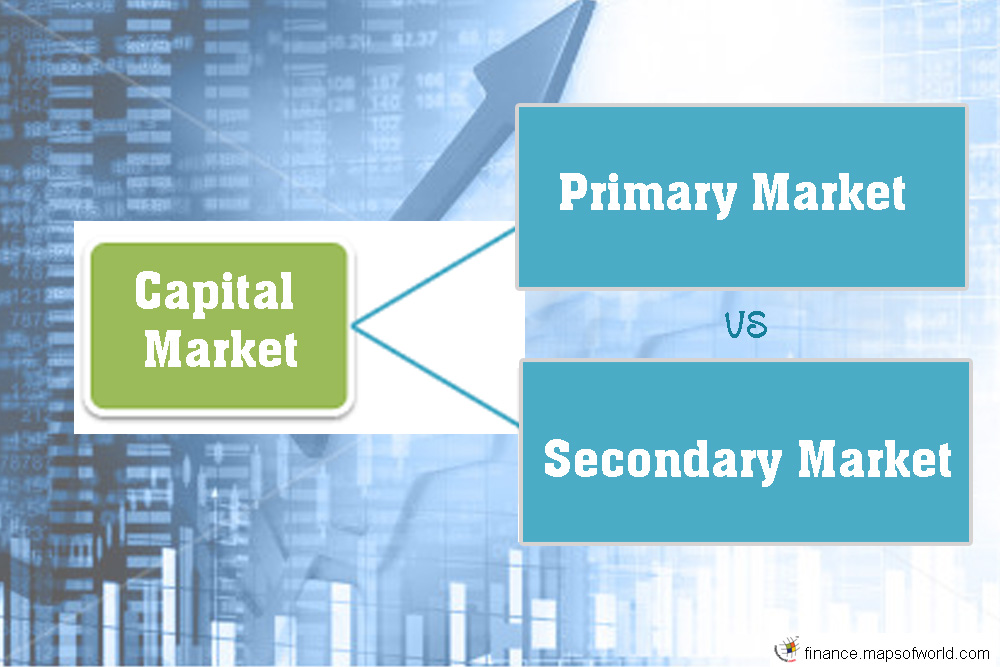America began to change on a mid-September day in 1958, when Bank of America dropped its first 60,000 credit cards on the unassuming city of Fresno, California. That’s a word they liked to use in the credit card business to characterize a mass mailing of cards — a “drop” — and it is an unwittingly apt description. There had been no outward yearning among the residents of Fresno for such a device, nor even the dimmest awareness that such a thing was in the works. It simply arrived one day, with no advance warning, as if dropped from the sky. Over the course of the next 12 years, before the practice of mass card mailings was outlawed, banks would blanket the country with 100 million credit cards of one sort or another, and it would always have that same feeling. It would always seem as though those first 100 million credit cards had simply fallen from the sky.
MKG Enterprises Corp is a diversified Emerging Growth financial service company licensed as a finance Lender & Broker by the California Department of Financial Protection and Innovation. The company CFL licensee provides non-recourse tax refund lines of credit products primarily to customers with limited access to consumer credit from banks, thrifts, credit cards and lenders.
Our primary focus is net-settlement tax refunds, reimbursement to a taxpayer of any excess amount paid to the federal government or a state government, auto title loans, subprime auto loans, structured settlements, Non-recourse IRA, 401(k) and HSA line of credit.
Credit is a cornerstone of the U.S. economy, and access to affordable credit is central to unlocking upward mobility and opportunity. The FICO score was invented in 1956 and remains the standard for determining who is approved for credit and at what interest rate. While FICO is rarely the only input in a lending decision, most banks use simple, rules-based systems that consider only a limited number of variables. Unfortunately, because legacy credit systems fail to properly identify and quantify risk, millions of creditworthy individuals are left out of the system, and millions more pay too much to borrow money.
MKG Tax Consultants finance agents provides income tax preparation, Web App Finance Tax Advance Mobile Payments “FinTAMP” to customers with limited access to consumer credit from banks, thrifts, credit cards and lenders determined by their tax refund status instead of their FICO score as a bank product or RAC refund Anticipation Check to the under bank by providing no up front tax preparation fee’s and consumer loan products.
You can get in on the groundfloor by purchasing common sharpes before MKG Enterprises Corp drops its revolutionary tax refund line of credit mobile app.
Accrediated Investor’s Overview
- A natural person who has individual net worth, or joint net worth with the person’s spouse or spousal equivalent, that exceeds $1 million at the time of the purchase, excluding the value of the primary residence of such person;
- A natural person with income exceeding $200,000 in each of the two most recent years or joint income with a spouse or spousal equivalent exceeding $300,000 for those years and a reasonable expectation of the same income level in the current year;
- A natural person who holds any of the following licenses from the Financial Industry Regulatory Authority (FINRA): a General Securities Representative license (Series 7), a Private Securities Offerings Representative license (Series 82), or a Licensed Investment Adviser Representative license (Series 65);
- A natural person who is a “knowledgeable employee” of the issuer, if the issuer would be an “investment company” within the meaning of the Investment Company Act of 1940 (the “ICA”) but for section 3(c)(1) or section 3(c)(7) of the ICA;
- An investment adviser registered under the Investment Advisers Act of 1940 (the “Advisers Act”) or the laws of any state;
- Investment advisers described in section 203(l) (venture capital fund advisers) or section 203(m) (exempt reporting advisers) of the Advisers Act;
- A trust with assets in excess of $5 million, not formed for the specific purpose of acquiring the securities offered, whose purchase is directed by a sophisticated person;
- A business in which all the equity owners are accredited investors;
- An employee benefit plan, within the meaning of the Employee Retirement Income Security Act, if a bank, insurance company, or registered investment adviser makes the investment decisions, or if the plan has total assets in excess of $5 million;
- A bank, insurance company, registered investment company, business development company, small business investment company, or rural business development company;
- A charitable organization, corporation, limited liability company, or partnership, not formed for the specific purpose of acquiring the securities offered, with total assets exceeding $5 million;
- A “family office,” as defined in rule 202(a)(11)(G)-1 under the Advisers Act, if the family office (i) has assets under management in excess of $5,000,000, (ii) was not formed for the specific purpose of acquiring the securities offered, and (iii) is directed by a person who has such knowledge and experience in financial and business matters that such family office is capable of evaluating the merits and risks of the prospective investment;
- Any “family client,” as defined in rule 202(a)(11)(G)-1 under the Advisers Act, of a family office meeting the requirements above, whose investment in the issuer is directed by such family office;
- Entities, including Indian tribes, governmental bodies, funds, and entities organized under the laws of foreign countries, that were not formed to invest in the securities offered and own investment assets in excess of $5 million; or
- A director, executive officer, or general partner of the company selling the securities, or any director, executive officer, or general partner of a general partner of that issuer.”
RISK FACTORS
A crowdfunding investment involves risk. You should not invest any funds in listed companies offering unless you can afford to lose your entire investment.
In making an investment decision, investors must rely on their own examination of the issuer and the
terms of the offering, including the merits and risks involved. These securities have not been recommended or approved by any federal or state securities commission or regulatory authority. Furthermore, these authorities have not passed upon the accuracy or adequacy of this document.
The U.S. Securities and Exchange Commission does not pass upon the merits of any securities offered or the terms of the offering, nor does it pass upon the accuracy or completeness of any offering document or
literature.
These securities are offered under an exemption from registration; however, the U.S. Securities and Exchange Commission has not made an independent determination that these securities are exempt from
registration.




